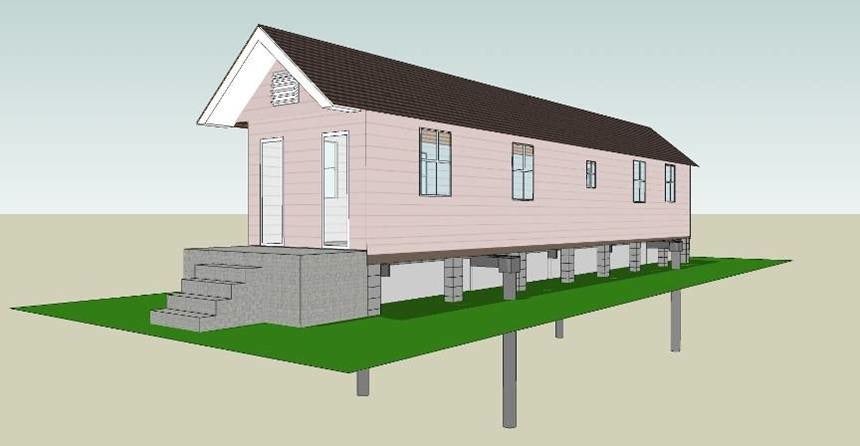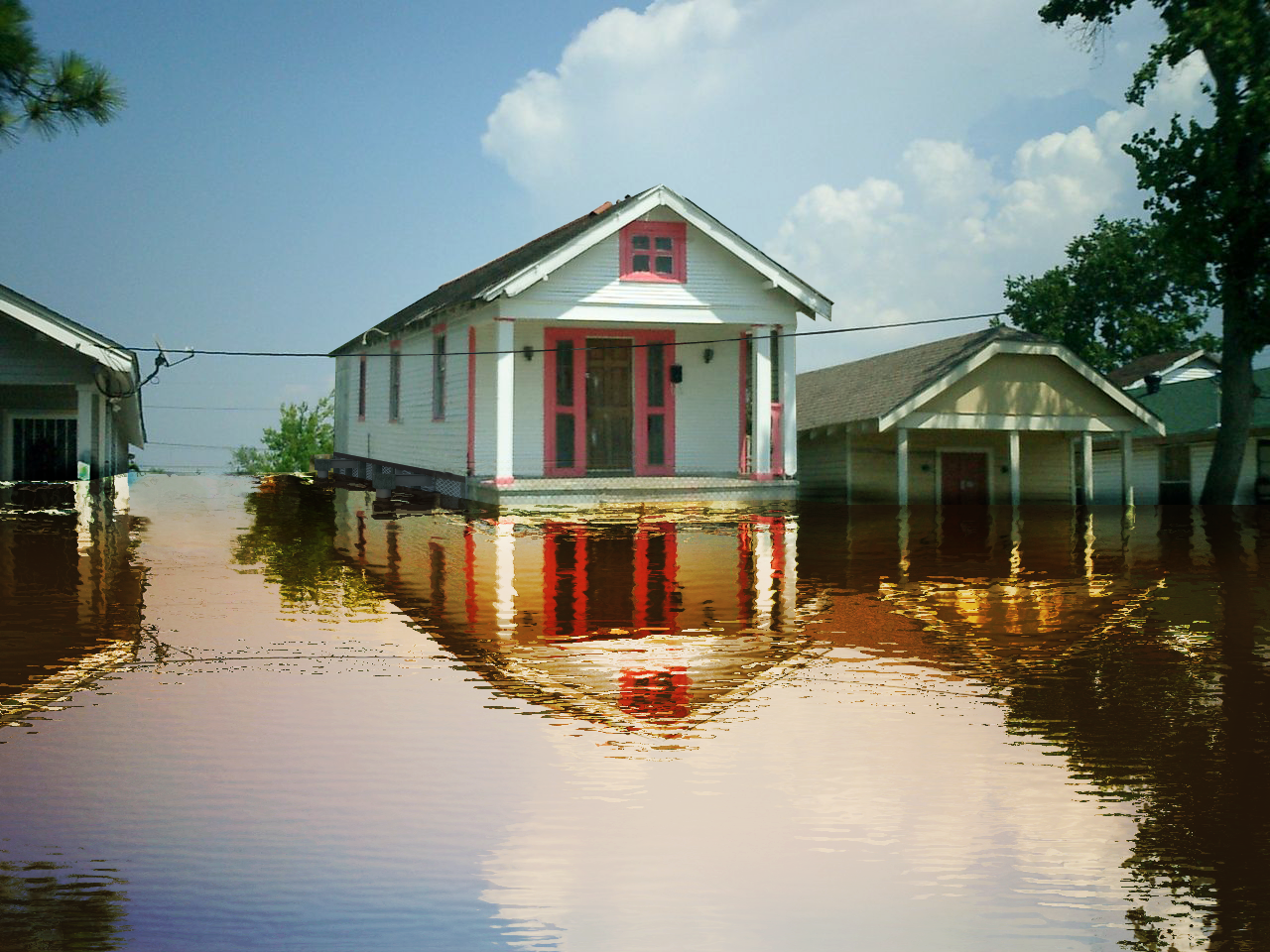Twelve innovative projects will share a $10 million (USD) competition pool to tackle flooding in some of the world’s most vulnerable communities. The partnership between the Global Resilience Partnership (GRP) and Z Zurich Foundation of Zurich Insurance, will see grants of up to $1 million (USD) awarded to teams offering innovative solutions to issues affecting flood-prone communities in the Horn of Africa and South and Southeast Asia.
Almost 400 initial challenge entries were whittled down to a final 12 solutions considered to have the greatest potential impact. Successful teams span the globe with winners from North America, Europe, South and Southeast Asia, and the Horn of Africa. They will tackle issues on the ground in Indonesia, Vietnam, the Philippines, Bangladesh, India, Sri Lanka, Nepal, Kenya, Ethiopia and Somalia, with solutions ranging from flood-resilient roads to amphibious homes and protective coastal greenbelts.
Among the winners is a project headed up by Water Institute member Elizabeth English of the School of Architecture, with Brent Doberstein of Geography and Environmental Management, and Carrie Mitchell of the School of Planning. The team will pilot the use of low-cost amphibious houses, used for decades in flood-prone areas of Louisiana, USA, by adapting the design for the local communities in the Mekong Delta.
said Brent Doberstein, associate professor in Geography and Environmental Management.
Prototype houses will be monitored throughout the flood season, and interviews will be held with housing beneficiaries to better understand how amphibious housing operates during the Mekong’s flood events.

Buoyant Foundation Project concept and components.
The project will feed into two interconnected amphibious housing events held in June 2017: a Student Design Workshop and the second International Conference on Amphibious Architecture, Design and Engineering (ICAADE2017).
The Water Window Challenge is backed by a $10 million (USD) commitment from the Z Zurich Foundation to ensure a range of locally-informed, technologically savvy flood solutions are given the opportunity they need to succeed - or fail - quickly. Those which demonstrate real change will be looked at for rapid scaling to benefit as many people as possible in multiple locations.
Currently, 87% of disaster-related funding is spent on relief and recovery. The goal at the Z Zurich Foundation is to shift funding towards resilience building pre-event. The Water Window Challenge is a prime example of this and works to find innovative solutions to recurring flood problems, allowing communities to eventually thrive in the face of floods.

Rendering of a New Orleans house with an amphibious retrofit.
Over the last 20 years, flooding has affected more than 2.3 billion people, 95% of whom live in Asia. This is an issue which that needs to be tackled from a different approach. The traditional cycle of disaster, recovery, repeat does not build long-term stability or prosperity.
Original story by the Faculty of Environment